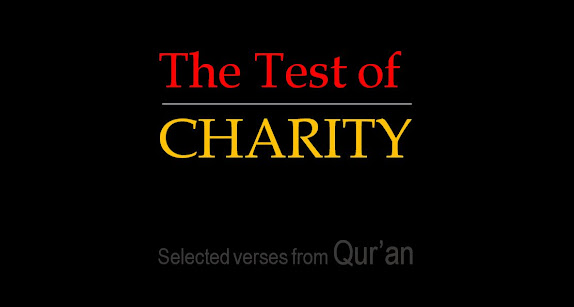If the Pharaoh who was drowned was Mineptah, who ruled over Egypt when Prophet Moses was sent to him, his embalmed dead body is still lying in the Cairo Museum. When Sir Grafton E. Smith removed the bandages from his mummy, a layer of salt was found on the body, which was a clear proof that he was drowned in the sea.
… The experts of archeology may differ about the corpse whether it is of the same Pharaoh or some other one yet this fourteen century old statement of the Qur’ān about the corpse is much more trustworthy than their conjectures. In this way, God made his dead body an exemplary sign for even the Pharaohs of today but this needs eyes for observation and there is nothing more rare in this world than eyes which have insight. (Amīn Aḥsan Iṣlāḥī, Tadabbur-i Qur’ān, vol. 4, 84)
Pharaoh's refusal to heed the warnings of Moses (in fact the Divine Warnings conveyed to Pharaoh through Prophet Musa) and his stubbornness in holding onto power despite the plagues sent by God are often seen as examples of arrogance and hubris. This can serve as a lesson about the dangers of pride and the consequences of refusing to acknowledge one's mistakes.
The drowning of Pharaoh (and later expulsion of his body from the sea) and his army serves as a stark reminder of the consequences of oppression and injustice. It underscores the idea that those who oppress others will ultimately face their own downfall.
The story highlights the power of faith and obedience to Allah. Moses and the Israelites trusted in promise of Allah and His deliverance, even when faced with seemingly insurmountable obstacles. This can be seen as a lesson in the importance of trust and obedience in one's spiritual journey.
The event is often interpreted as an act of divine justice. Pharaoh's oppression of the Israelites and his refusal to release them from slavery led to his downfall, illustrating the idea that ultimately, justice will prevail.
Today we see people of Kashmir and Palestine being denied justice and are forcibly being subjugated, tortured, denied of all human rights, to an extent of robbing them of their homes and denying food and water, even the much needed medical facilities for those who are victims of brute force and merciless bombing and inhuman treatment.
The Exodus story serves as a symbol of liberation and redemption. The drowning of Pharaoh and the subsequent freedom of the Israelites represent the triumph of good over evil and the possibility of liberation from oppression. This should serve as a cue for those struggling for independence from the clutches of inhuman masters to continue to strive for their freedom, for one day all bondages are let loose, if one has faith in Allah and His promise of deliverance.
May Allāh (سبحانه و تعالى) help us understand Qur'ān and follow the Sunnah of Prophet Muhammad ﷺ, which is embodiment of commandments of Allah contained in the Qur'ān. May Allah help us to be like the ones He loves and let our lives be lived helping others and not making others' lives miserable or unlivable. May all our wrong doings, whether intentional or unintentional, be forgiven before the angel of death knocks on our door.
- Tafsir Ibn Khatir
- Muhammad Asad Translation
- Yusuf Ali Translation
- Translation Javed Ahmad Ghamidi / Al Mawrid
- Qur'an Wiki
- Verse by Verse Qur'an Study Circle
- Towards Understanding the Quran




















